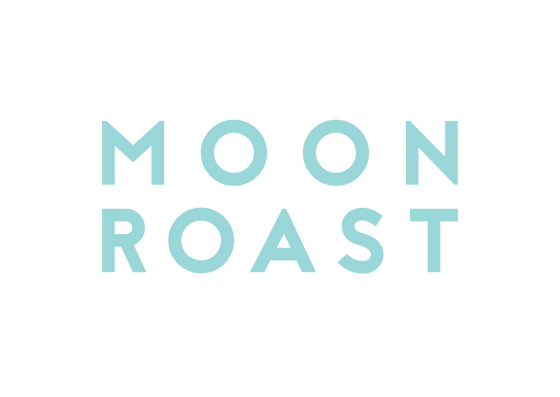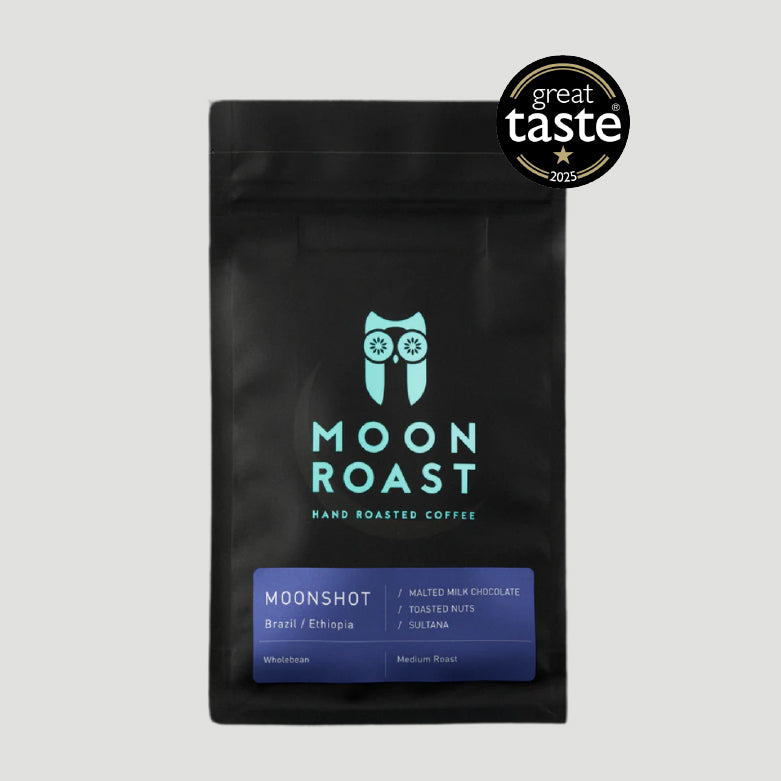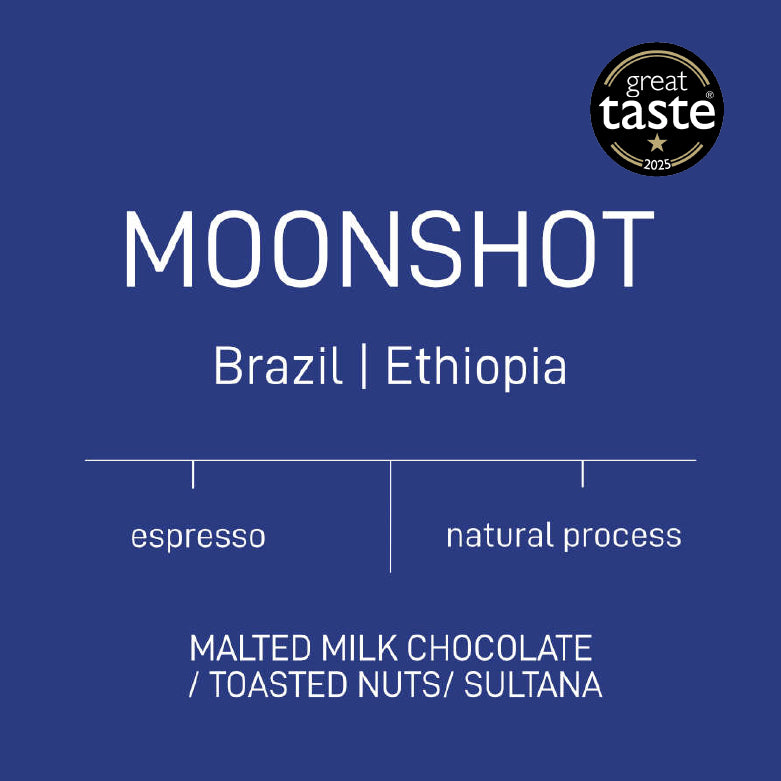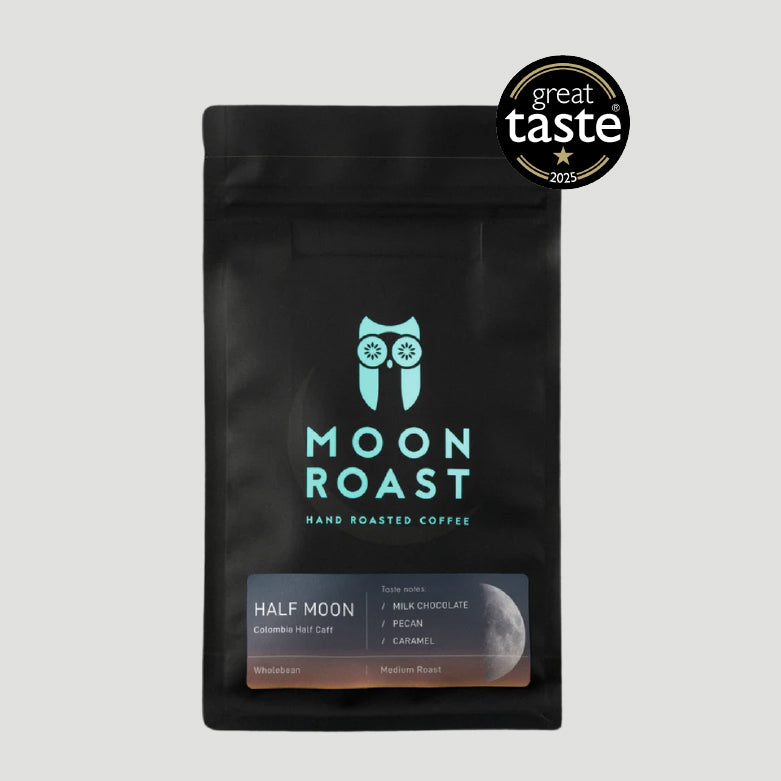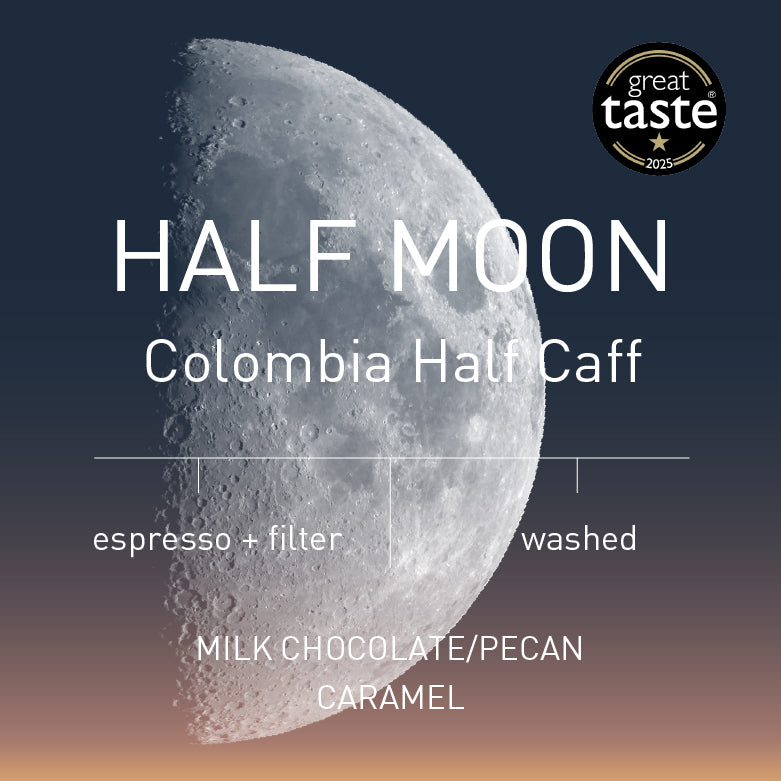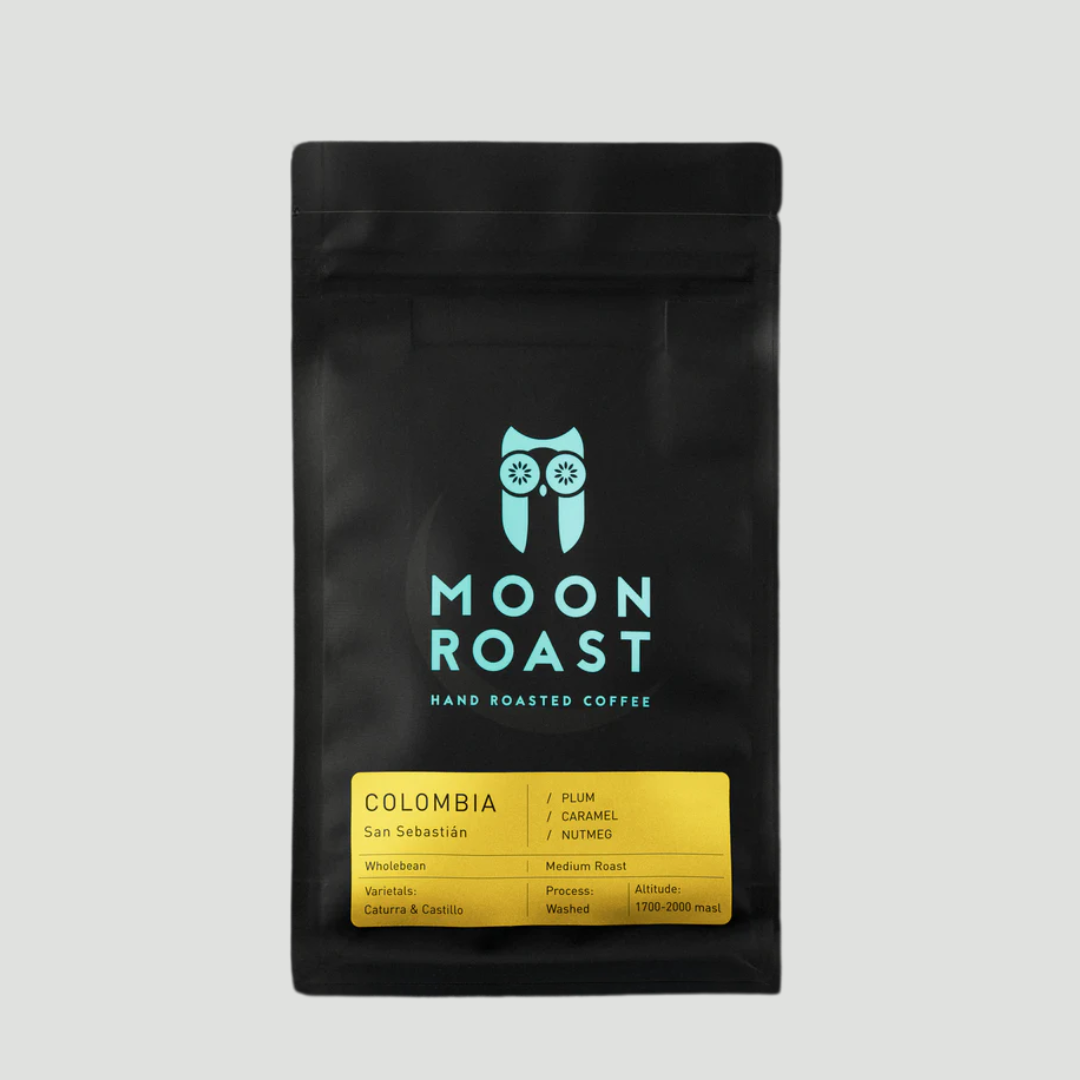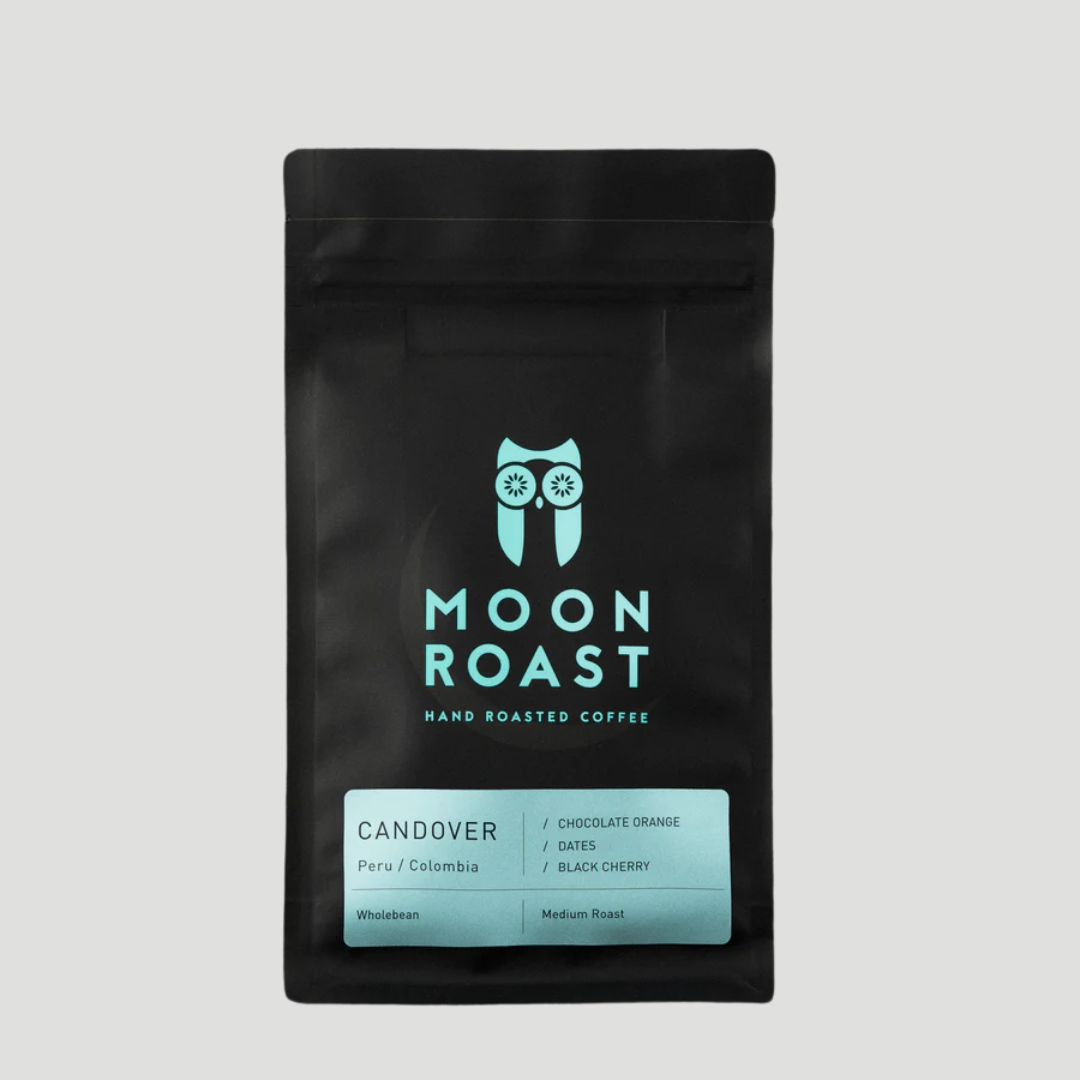Exploring Ethiopian Coffee: The Birthplace of Arabica
Ethiopian coffee is much more than just a morning ritual—it’s a journey to the heart of coffee’s origin, a rich experience that embodies centuries of tradition, culture, and exceptional flavour. Often referred to as the birthplace of Arabica coffee, Ethiopia has gifted the world with a diverse range of beans, each carrying its own unique story and flavour profile.
The Origin of Arabica Coffee
Ethiopia’s connection to coffee is steeped in legend. It’s said that a goat herder named Kaldi first discovered coffee’s energising effects after noticing his goats became unusually lively after eating cherries from a certain tree. Whether fact or folklore, this story speaks to Ethiopia’s deep-rooted history with coffee, a relationship that has blossomed into a global phenomenon.
More than legend, Ethiopia is home to the Coffea Arabica plant, one of the world’s oldest coffee species. Unlike many other coffee-growing regions, where coffee was introduced later, Ethiopia’s coffee plants are native to the land, thriving naturally in its diverse landscapes. From the lush highlands of Yirgacheffe to the drier regions of Harrar, Ethiopia’s environment plays a key role in shaping the distinct flavours that make its coffee so exceptional.

The Diversity of Ethiopian Coffee
Ethiopia’s coffee-growing regions are as varied as the beans they produce, with each area imparting its own unique flavour profile, influenced by altitude, climate, and soil. Let’s take a closer look at some of the most renowned regions:
-
Yirgacheffe: Known for its bright, floral notes and crisp acidity, Yirgacheffe is often hailed as one of the finest coffees in the world. These beans are typically washed, which highlights their clean, complex flavours, making every sip a refined experience.
-
Sidamo: Located in southern Ethiopia, Sidamo offers a diverse array of coffees but is particularly celebrated for its balanced flavour, mixing fruity and spicy notes with a full-bodied texture—a favourite among coffee enthusiasts.
-
Harrar: In eastern Ethiopia, Harrar produces beans through natural processing, giving them bold, fruity flavours with hints of wine and a slightly fermented finish. This is coffee for the adventurous palate, full of character and depth.
-
Limu: Grown in the western highlands, Limu beans offer subtle spice and wine-like qualities, with a gentle acidity and smooth finish. It’s a versatile coffee that works beautifully for both espresso and filter brewing.
Unique Processing Methods
What truly sets Ethiopian coffee apart isn’t just where it’s grown but how it’s processed. Ethiopian farmers use both wet (washed) and dry (natural) processing methods, each bringing out different qualities in the beans:
-
Washed Process: Here, the cherries are pulped to remove the skin, fermented to eliminate the mucilage, and then dried. This method is common in regions like Yirgacheffe and Sidamo, highlighting the clean, vibrant flavours of the beans.
-
Natural Process: In this method, the whole cherry is dried intact, allowing the fruit’s flavours to soak into the bean. It’s often used in Harrar, resulting in intensely fruity and bold coffees with heavier bodies.
These traditional processing methods are a testament to the generations of craftsmanship that Ethiopian farmers have honed, ensuring that Ethiopian coffee remains some of the most sought-after in the world.
Coffee Culture in Ethiopia
Coffee is woven into the fabric of Ethiopian daily life and culture. The traditional Ethiopian coffee ceremony is the perfect example of this deep connection. This ceremony, often performed three times a day, involves roasting, grinding, and brewing the coffee in front of guests, symbolising hospitality and community.

Taking part in this ceremony is more than just drinking coffee; it’s an immersive experience that connects you to the heart of Ethiopian culture. It’s a reminder of the respect and reverence Ethiopians have for coffee—not just as a beverage but as a tradition that brings people together.
Why Ethiopian Coffee Matters
In a world of mass-produced coffee, Ethiopian beans stand out for their authenticity, variety, and historical significance. Whether you’re enjoying the floral notes of Yirgacheffe (like our single origin Chelbesa) or the bold, fruity flavours of Harrar, Ethiopian coffee offers a rare opportunity to connect with the origins of coffee itself.
At Moon Roast, we’re passionate about offering coffees that tell a story, and Ethiopian coffee is a story worth telling. Its rich history, unique flavours, and cultural significance make it a cornerstone of the global coffee scene. The next time you brew a cup of Ethiopian coffee, take a moment to appreciate the journey it has taken—from the highlands of Ethiopia to your cup—steeped in history, culture, and an unwavering commitment to quality.
Enjoy exploring the birthplace of Arabica, and discover why Ethiopian coffee remains a favourite for coffee lovers around the world.
